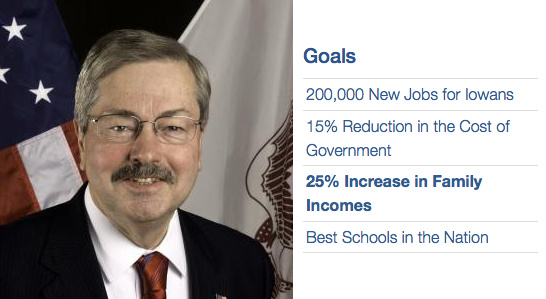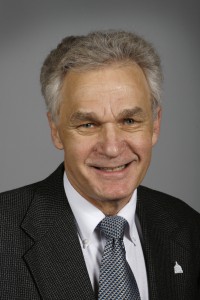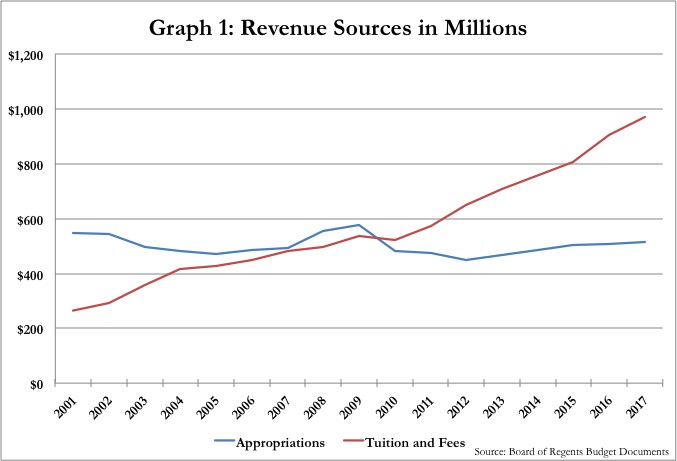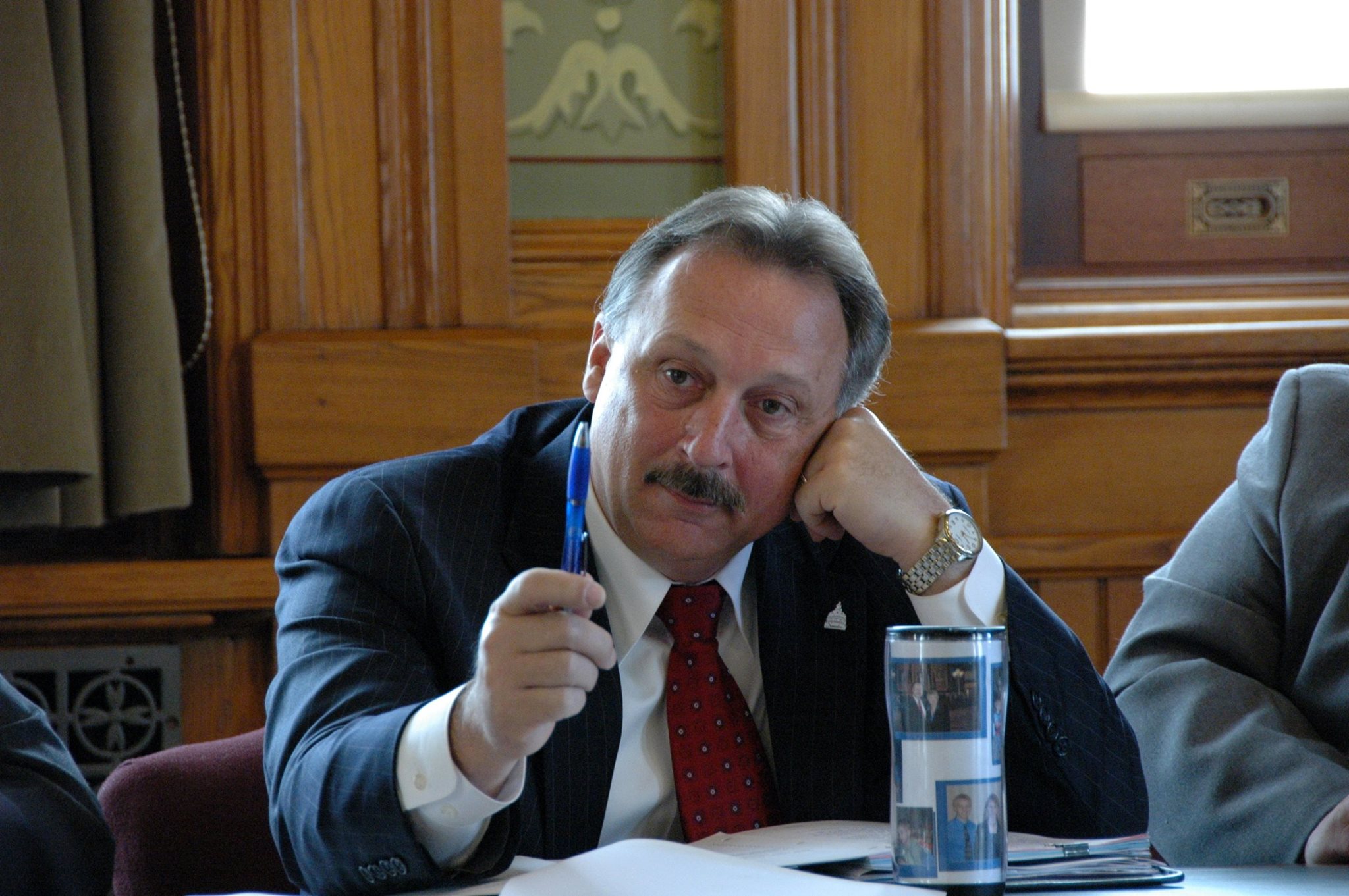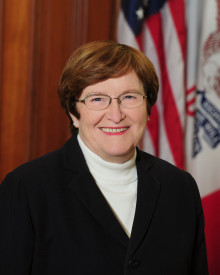What’s on your mind this weekend, Bleeding Heartland readers? This is an open thread: all topics welcome.
The Pulitzer Prizes announced this week recognized some powerful reporting on the misuse of power. The Associated Press won the public service award for “an investigation of severe labor abuses tied to the supply of seafood to American supermarkets and restaurants, reporting that freed 2,000 slaves, brought perpetrators to justice and inspired reforms.” Margie Mason, Robin McDowell, Martha Mendoza, and Esther Htusan contributed to this incredible investigative work; the whole series is available here.
The Washington Post won the Pulitzer’s national reporting category for its “revelatory initiative in creating and using a national database to illustrate how often and why the police shoot to kill and who the victims are most likely to be.” The database is available here; reporters who contributed to this work include Kimberly Kindy, Wesley Lowery, Keith L. Alexander, Kimbriell Kelly, Sandhya Somashekhar, Julie Tate, Amy Brittain, Marc Fisher, Scott Higham, Derek Hawkins, and Jennifer Jenkins. In one of the articles for this series, Kindy and Tate explored the common practice of police departments withholding video footage of fatal shootings, using the January 2015 death of Autumn Steele in Burlington, Iowa as the touchpoint.
The Pulitzer for explanatory reporting went to T. Christian Miller of ProPublica and Ken Armstrong of The Marshall Project “for a startling examination and exposé of law enforcement’s enduring failures to investigate reports of rape properly and to comprehend the traumatic effects on its victims.” An Unbelievable Story of Rape was a stunning and depressing piece.
Speaking of stunning and depressing, previously unreported abuses of teenagers at the now-closed Midwest Academy boarding school came to light earlier this year. Several former students spoke to Ryan Foley of the Associated Press about being kept in isolation boxes for days or weeks at a time. (Isolation is particularly harmful to developing adolescent brains.) The Des Moines Register’s Lee Rood reported on approximately 80 law enforcement calls to the facility in Keokuk during the last three years the school was open. Abusive practices by staff went back more than a decade, though.
No state agency had ever inspected the Midwest Academy, prompting calls for the Iowa legislature to prevent future problems at unregulated schools. The Iowa Senate unanimously approved a bill setting out certification and inspection standards for boarding schools. House Republicans amended Senate File 2304 before approving it in the lower chamber, making “some exemptions for religious facilities.” The Senate refused to concur in the House amendment, and on a mostly party-line vote, the House rejected the Senate version. The school oversight bill now goes to a conference committee. I hope lawmakers will work out a deal before adjourning, but this legislation is not a must-pass bill like the health and human services budget (currently hung up over disagreements on Medicaid oversight and Planned Parenthood funding).
Alleged verbal abuse by Iowa State University women’s basketball coach Bill Fennelly was among the actions that inspired a discrimination lawsuit by former star player Nikki Moody. The AP’s Luke Meredith and Ryan Foley broke news about that lawsuit on April 18. After the jump I’ve enclosed excerpts from their report and some reaction, but I highly recommend reading the plaintiff’s jaw-dropping twelve-page court filing. Looking through some Cyclone fan board threads about the lawsuit, I was struck by two contradictory lines of argument from the coach’s defenders: Moody is lying, because this or that former player says Fen was always supportive and would never behave that way; or alternatively, Moody is lying, because Fen is tough on all his players, not just the black ones. Cheyenne Shepherd, an unheralded player for ISU during the 1990s, provided strong support for Moody in a guest column for the Des Moines Register about her experience as one of Fennelly’s “non-favorites.” Retired ISU journalism professor Dick Haws discussed the “not-very-well-hidden secret” of how Fennelly berates and humiliates some of his players. Gavin Aronsen asked at Iowa Informer whether the lawsuit is “A Symptom of Broader Diversity Problems at ISU.”
Since Thursday, I’ve been reading reflections on the life and work of Prince. I remembered his exceptional creativity, charisma, and talent as a songwriter (for many other artists as well as for himself), but I didn’t realize how highly regarded he was as a guitarist. His solo during this performance of “While My Guitar Gently Weeps” was mesmerizing. Billy Gibbons of ZZ Top described Prince’s “sensational” guitar playing in an interview with the Washington Post: “Even today, I’m struggling to try and emulate that guitar introduction to ‘When Doves Cry.’ It’s just a testament to his extraordinary technique.” The whole “Purple Rain” album brings back strong high school memories for me, especially “When Doves Cry.” Prince’s biggest fan in the Iowa blogosphere was John Deeth, easily recognized at political events by his raspberry beret. Deeth reflected on what the music meant to him here.
Continue Reading...







